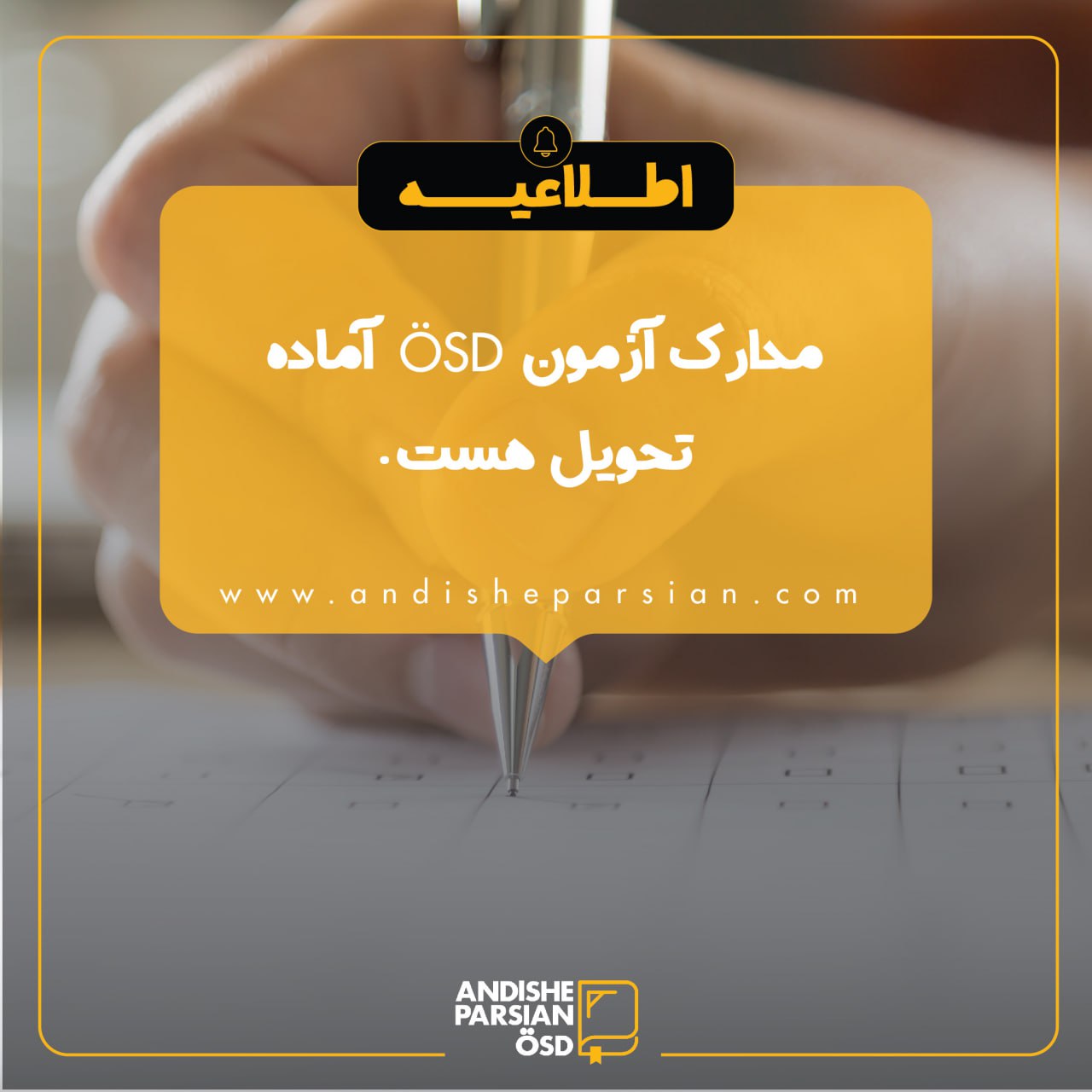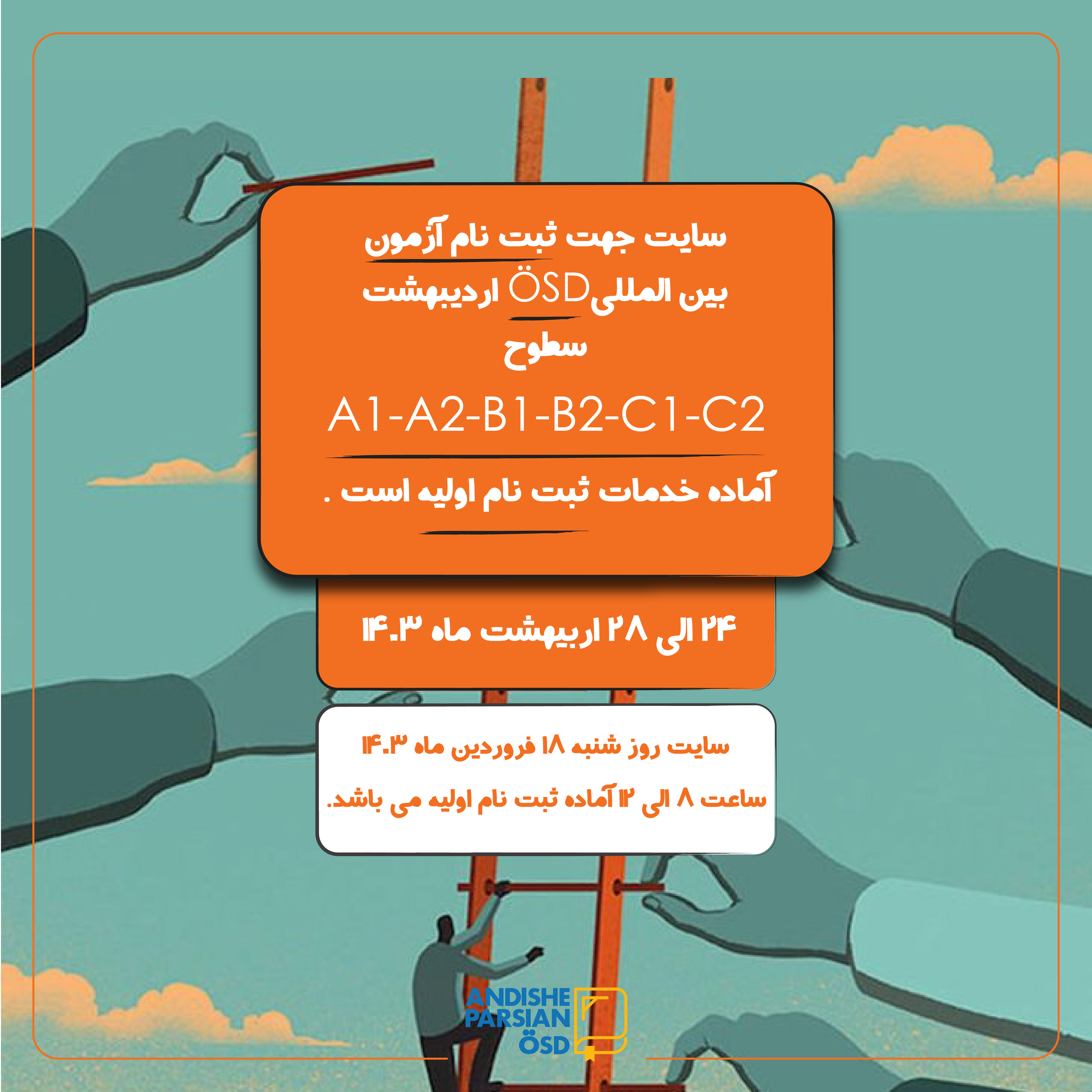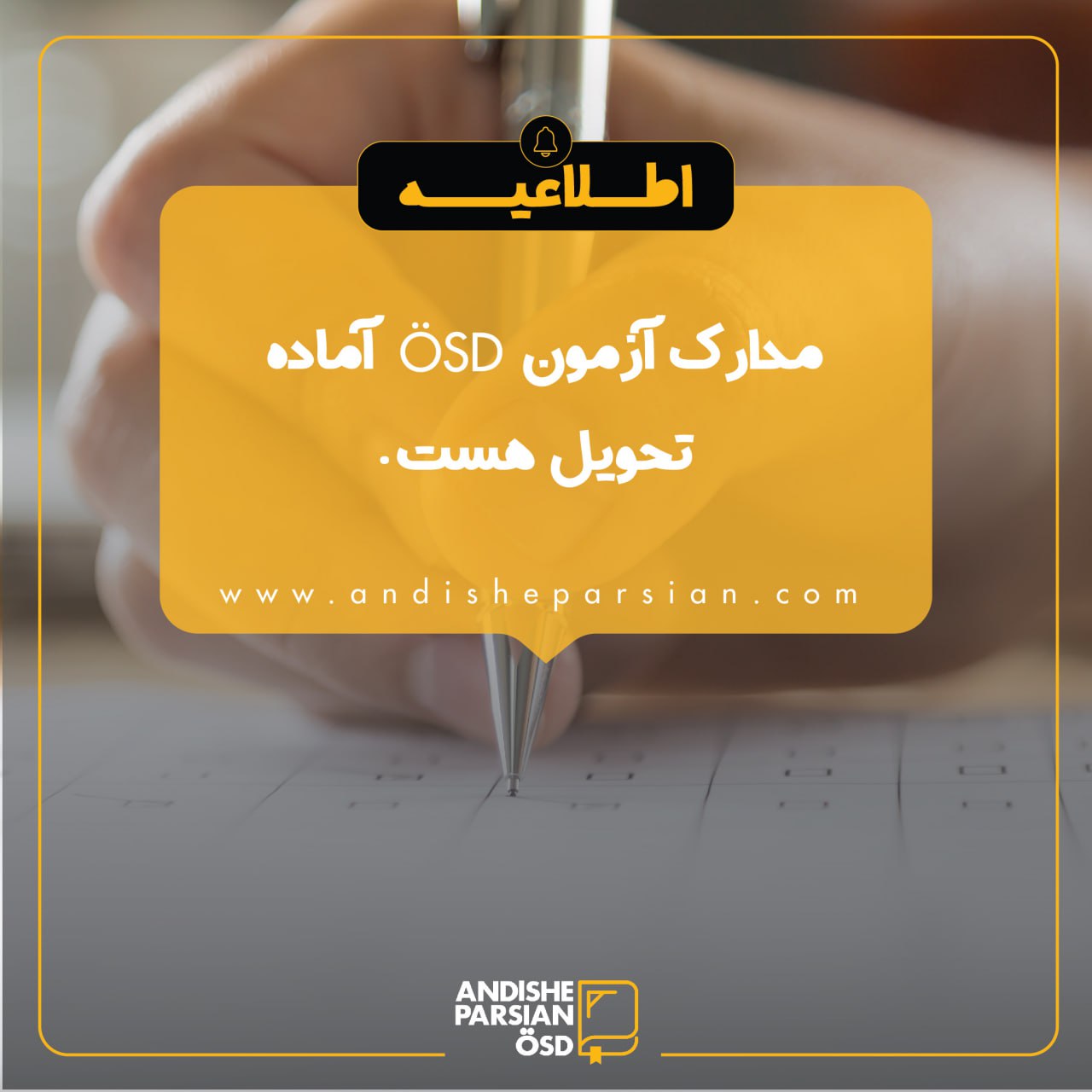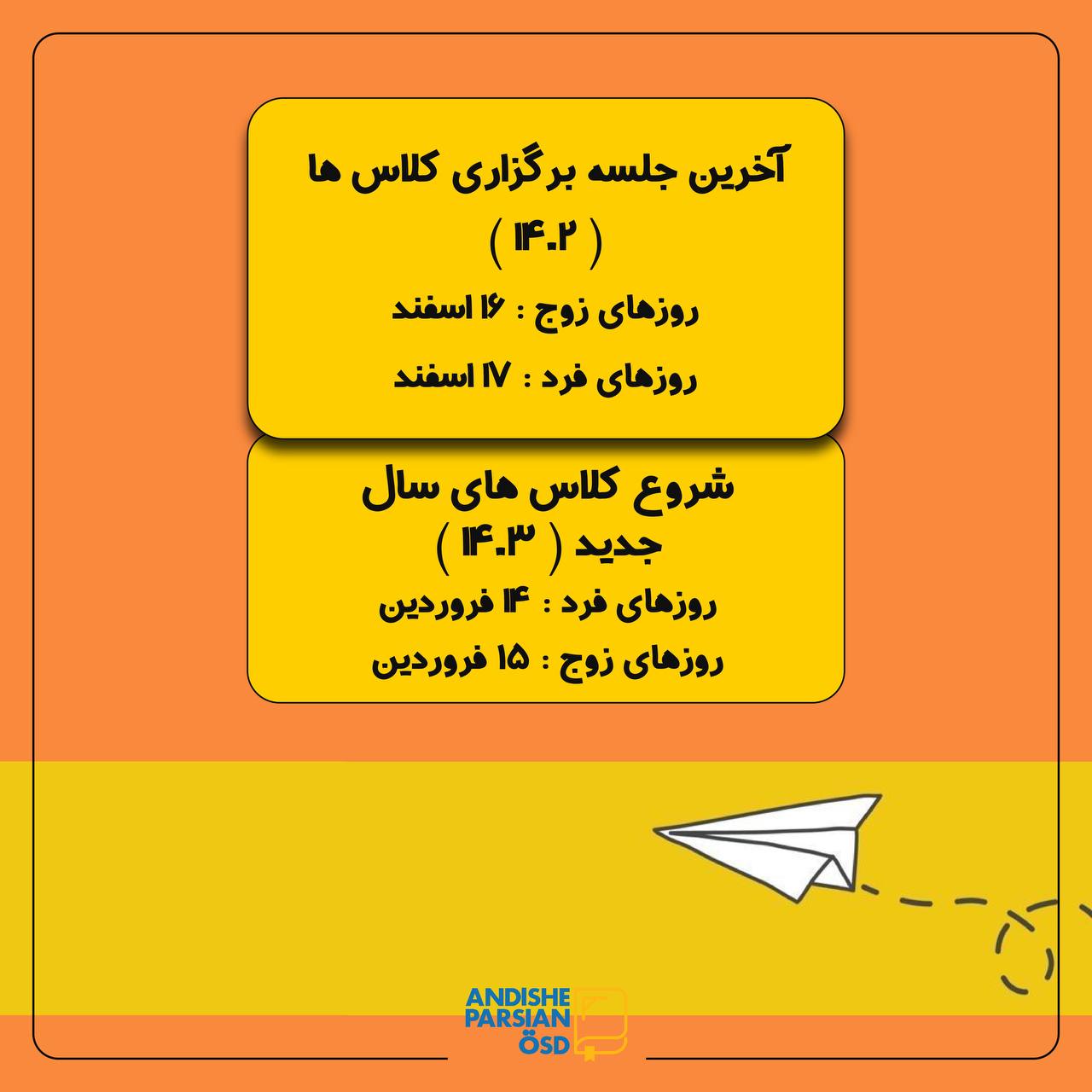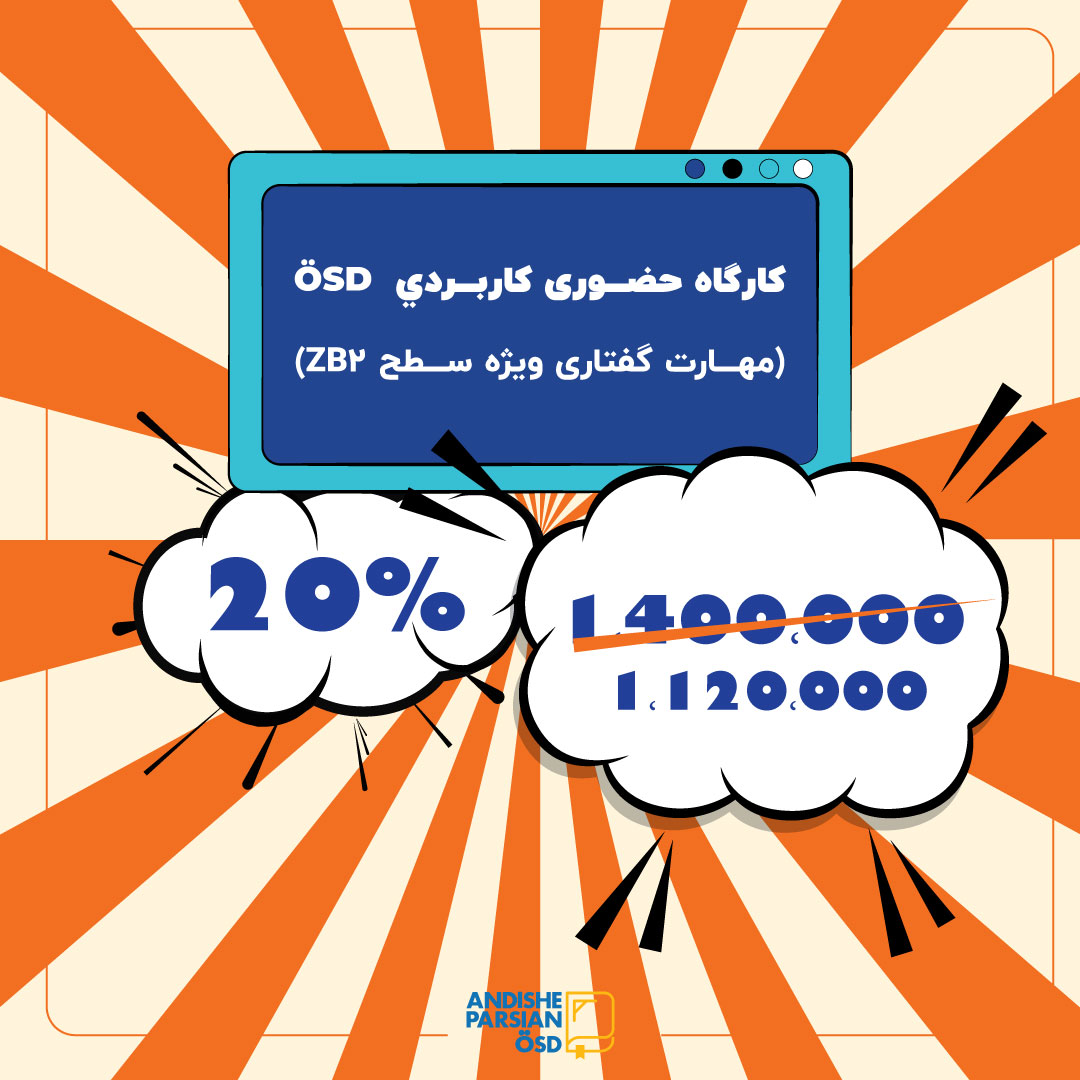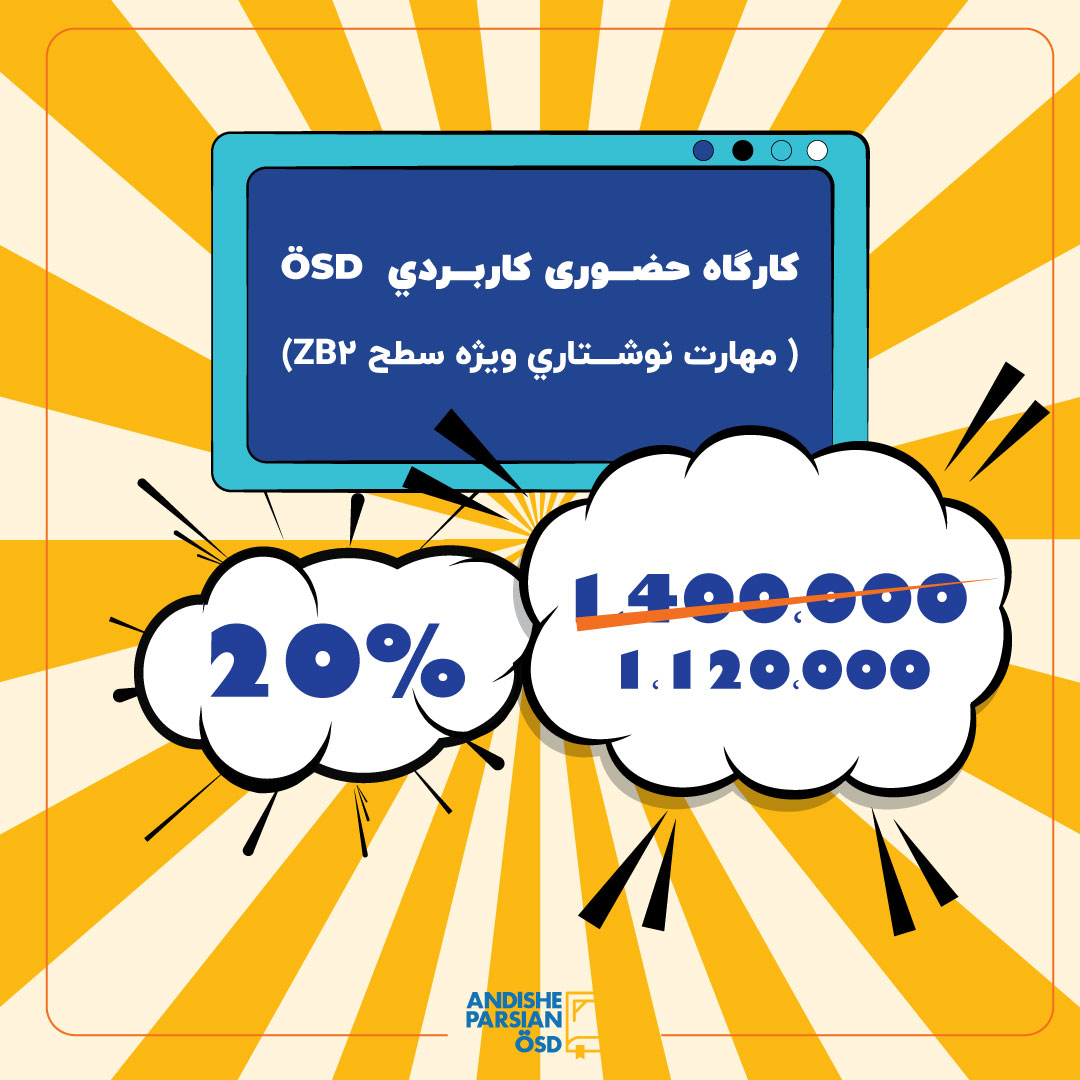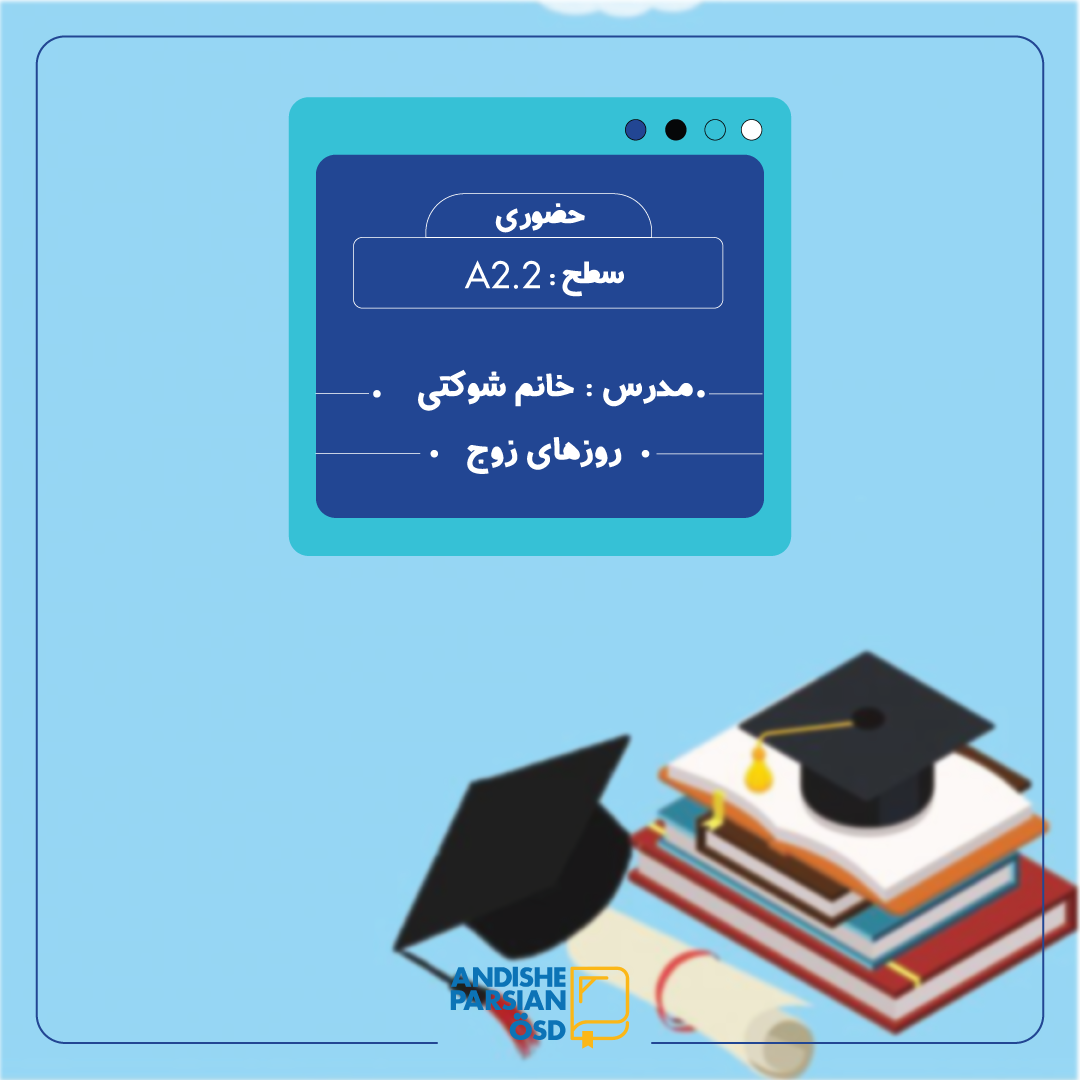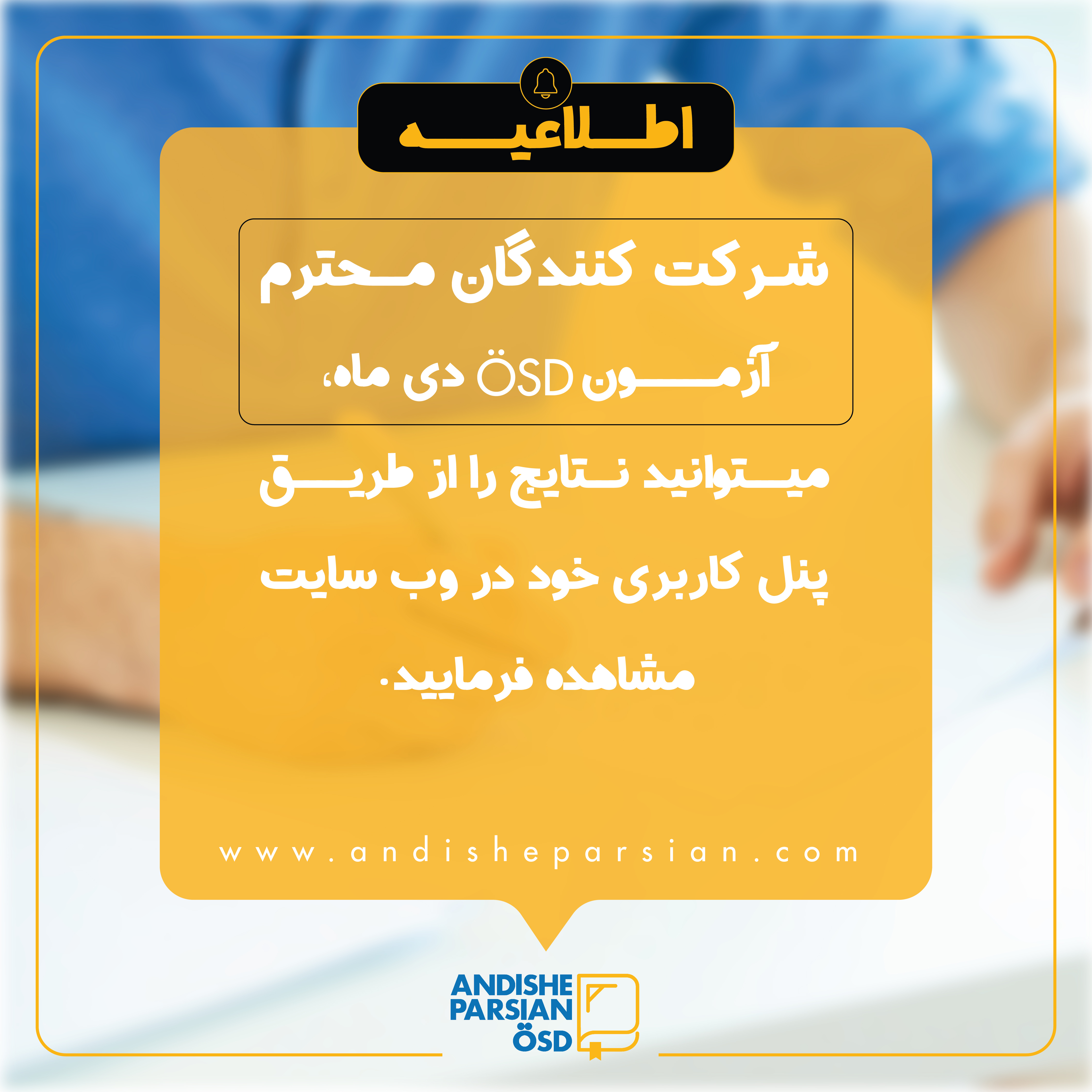تفاوت های TRUE-FALSE- NOT GIVEN در آزمون آیلتس
IELTS True/ False/ Not Given- reading questions
This lesson provides further practice on IELTS true false not given reading questions.
Before looking at the questions for the reading, you should take a quick look at the reading passage and get an idea of what it is about.
This will help you tackle the questions.
Look at the title - what is the reading about?
Look at the topic sentences - what topics does the reading discuss?
What is the difference between False and Not Given?
Follow this link for some general strategies on IELTS true false not given reading questions.
A particular problem, though, for students is spotting the difference between something that is 'False' and 'Not Given'.
Firstly see if the statement agrees with what is in the reading. If it does it is true. If not it is obviously false or not given.
The important point is that if you can say 100% from what you are given in the text that the statement you have been given is not true, then it is 'false'.
If the evidence is not there to say that it is false, that means that it could be true or false but you don't know - you cannot know from the information you have been given.
IELTS true false not given reading questions: Practice
Using these strategies, look at this reading and answer the questions that follow.
UN warns over impact of rapidly ageing populations
The world needs to do more to prepare for the impact of a rapidly ageing population, the UN has warned - particularly in developing countries. Within 10 years the number of people aged over 60 will pass one billion, a report by the UN Population Fund said. The demographic shift will present huge challenges to countries' welfare, pension and healthcare systems. The UN agency also said more had to be done to tackle "abuse, neglect and violence against older persons".
The number of older people worldwide is growing faster than any other age group. The report, Ageing in the 21st Century: A Celebration and a Challenge, estimates that one in nine people around the world are older than 60. The elderly population is expected to swell by 200 million in the next decade to surpass one billion, and reach two billion by 2050. This rising proportion of older people is a consequence of success - improved nutrition, sanitation, healthcare, education and economic well-being are contributing factors, the report says.
But the UN and a charity that also contributed to the report, HelpAge International, say the ageing population is being widely mismanaged. "In many developing countries with large populations of young people, the challenge is that governments have not put policies and practices in place to support their current older populations or made enough preparations for 2050," the agencies said in a joint statement.
The report warns that the skills and experience of older people are being wasted, with many under-employed and vulnerable to discrimination. HelpAge said more countries needed to introduce pension schemes to ensure economic independence and reduce poverty in old age. It stressed that it was not enough to simply pass legislation - the new schemes needed to be funded properly.
The UN report used India as an example, saying it needed to take urgent steps in this area. Almost two-thirds of India's population is under 30. But it also has 100 million elderly people - a figure that is expected to increase threefold by 2050. Traditionally, people in India live in large, extended families and elderly people have been well looked after. But the trend now is to have smaller, nuclear families and many of the country's elderly are finding themselves cast out, says the BBC's Sanjoy Majumder in Delhi.
There are more and more cases of physical and mental abuse, including neglect, suffered by the elderly at the hands of their families. It is slowly becoming a widespread social problem, particularly in urban areas, one which India still has not got to grips with, our correspondent says.
By contrast, the UN report cited the case of Bolivia as an example of good practice in the developing world. All Bolivians over the age of 60 get a pension that is the equivalent of about $30 (£19) a month. Bolivia suffers from frequent flooding and landslides, and older people there have been organised into "Brigadas Blancas" - White Haired Brigades. They help with preparations for emergencies, and accessing humanitarian aid.
Source: BBC News Website
Do the following statements agree with the information given in the reading?
Mark:
TRUE - if the statement agrees with the information FALSE - if the statement contradicts the information NOT GIVEN - if there is no information on this
1. The growth of the elderly population is going to make it extremely difficult to provide adequate social service provision
True/ False/ Not Given
2. Approximately thirty per cent of the population are over 60 years old
True/ False/ Not Given
3. Developed countries are much better prepared than developing countries for 2050
True/ False/ Not Given
4. More financing is necessary to ensure new pension schemes are successful
True/ False/ Not Given
5. Elderly people in India are not always being looked after as well as they were in the past
True/ False/ Not Given
6. India is starting to deal with the neglect of its elderly population
True/ False/ Not Given
7. Bolivian Families tend to look after their elderly relatives better then many other countries
True/ False/ Not Given
Get score Clear
Score = Correct answers:
True/ False/ Not Given reading questions: Answer Discussion
1) The growth of the elderly population is going to make it extremely difficult to provide adequate social service provision - TRUE
Social services are things such as welfare benefits, pensions and health, so this statement is the same as this in the reading:
The demographic shift will present huge challenges to countries' welfare, pension and healthcare systems.
2) Approximately thirty per cent of the population are over 60 years old - FALSE
30% is not the same as one in nine, so the text contradicts the statement:
A Celebration and a Challenge, estimates that one in nine people around the world are older than 60.
3) Developed countries are much better prepared than developing countries for 2050 – NOT GIVEN
In the reading, we are told that developing countries are not prepared. This does imply that developed countries are better prepared. However, do you know if they are much better prepared?
It is quite possible they are much better prepared compared to developing countries so we can’t say for sure it is false. We don’t know as the information is not given.
"In many developing countries with large populations of young people, the challenge is that governments have not put policies and practices in place to support their current older populations or made enough preparations for 2050," the agencies said in a joint statement.
4) More financing is necessary to ensure new pension schemes are successful – TRUE
The above statement means the same as this sentence which was written in reference to pension schemes:
It stressed that it was not enough to simply pass legislation - the new schemes needed to be funded properly.
5) Elderly people in India are not always being looked after as well as they were in the past – TRUE
These parts tell us the same thing as above:
Traditionally…people have been well looked after. But…many of the country's elderly are finding themselves cast out.
6) India is starting to deal with the neglect of its elderly population – FALSE
You will often need to understand synonyms in the reading test. ‘Deal with’ means the same as ‘get to grips with’. This sentence tells us India is NOT dealing with its problems, so the information in the text contradicts the statement:
…one which India still has not got to grips with, our correspondent says.
7) Bolivian Families tend to look after their elderly relatives better than many other countries – NOT GIVEN
You may have chosen ‘true’ here, but the paragraph does not tell you if Bolivian families look after their elderly better. It explains that they get more pension and are involved in some community activities:
All Bolivians over the age of 60 get a pension that is the equivalent of about $30 (£19) a month. Bolivia suffers from frequent flooding and landslides, and older people there have been organised into "Brigadas Blancas" - White Haired Brigades. They help with preparations for emergencies, and accessing humanitarian aid.
Is it possible that Bolivian families tend to look after their elderly relatives better than many other countries? It’s quite possible but we don’t know. We can’t disprove it from the reading so it is ‘not given’.
www.ztc.ir
امتیاز مطلب: ۰.۰۰ از مجموع ۰ رای. شما نیز به این مطلب امتیاز دهید:
دسته بندی های این مطلب:
اخبار
